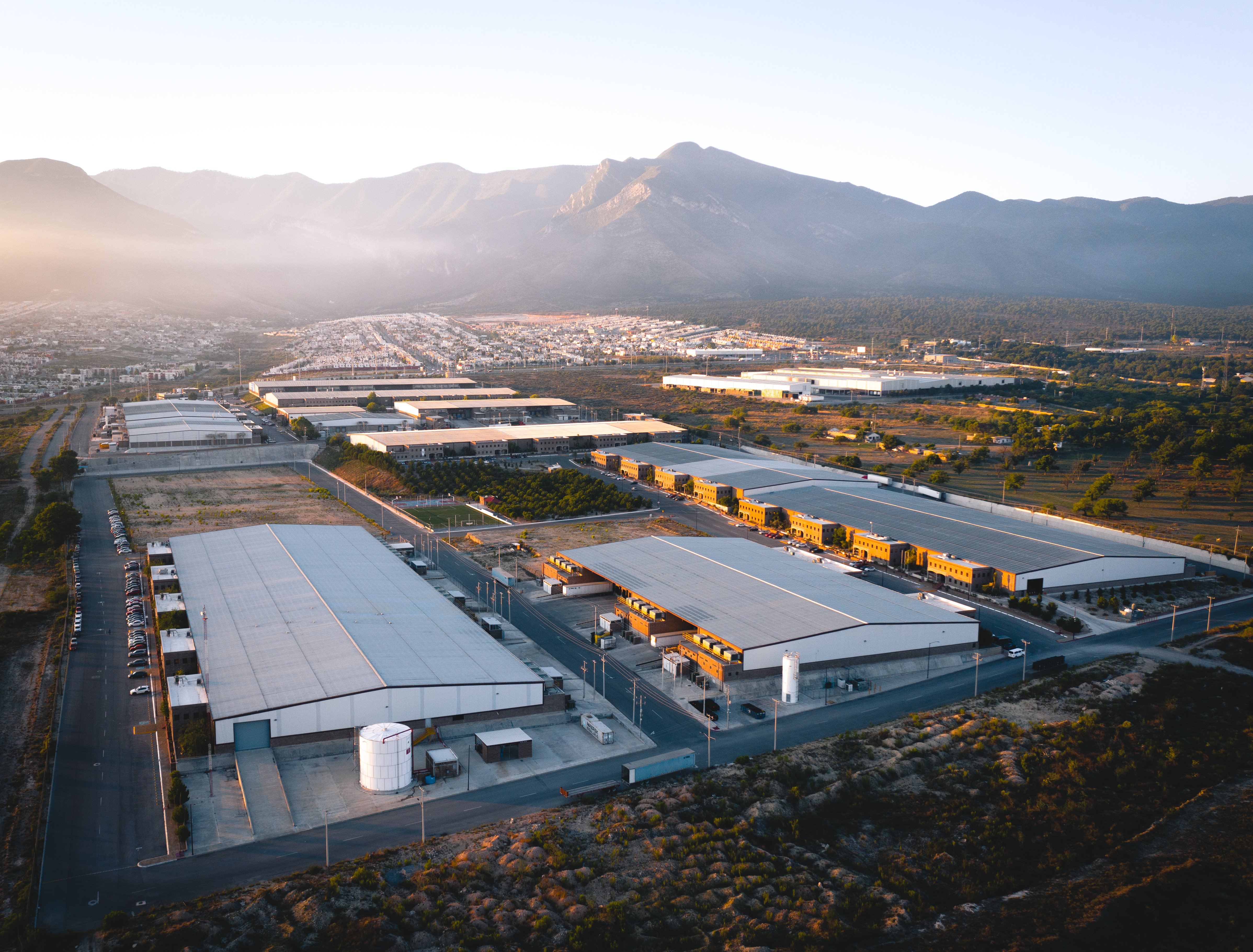Monterrey has built a reputation as one of the most important commerce centers in Mexico. The capital and largest city of the State of Nuevo León sits just 150 miles south of the border city of McAllen, Texas. It’s connected to the U.S. and surrounding areas through a robust infrastructure that helps deliver manufactured goods worldwide.
The Monterrey metropolitan area’s manufacturing sector, which extends into 12 surrounding municipalities, employs approximately 23% of the local active workforce. The approximately 460,000 people that work in manufacturing are accustomed to working for foreign employers. In fact, the field research behind Tetakawi’s Monterrey Labor Market Report found 44% of employees interviewed had worked for a foreign-owned Maquiladora. As a result, first-time investors expanding into the area can feel confident in recruiting an experienced workforce.
Manufacturers are moving to Monterrey
Well-known manufacturing brands have invested in Monterrey for decades. It is home to companies across the automotive, aerospace, IT, home appliance and electronics sectors. Many of these manufacturers opted to move into Monterrey to take advantage of the technical skill of the area’s laborers. For example:
- Since 1994, Daimler’s Mercedes-Benz buses plant in Garcia, Nuevo León, has served as a state-of-the-art location for chassis and body production. The facility produces roughly 4,000 units a year for all segments, featuring a modular chassis designed by Mexican engineers with Brazilian and German support. Because of this, Mercedes-Benz in México represents a share of almost 50% of all the vehicles driving today.
- Philips Lighting is expanding its operations to Monterrey in 2019 as part of its plan to “drive operational excellence, enabling the company to optimize production and supply in order to remain competitive and provide our customers with the service and quality that they expect from us."
- Sensor manufacturer Rexnord Corp. opted to move its facilities to Monterrey in part, according to company executives, because improving skills by Mexican workers have allowed more precision manufacturing, such as producing bearings, to take place there.
The cost of experience
Monterrey’s reputation for manufacturing excellence continues to grow. In fact, hiring technically experienced staff in the Monterrey metropolitan area is easier than in many other regions of Mexico, and even unskilled personnel will have learned some manufacturing skills in prior employment. However, that skillful manufacturing comes at a cost for manufacturers. While the area remains highly competitive with U.S. manufacturing costs, experienced Monterrey workers expect competitive pay.
Tetakawi’s field research found that almost 40% of the working population in Monterrey earns up to three times Mexico’s average minimum wage, for an average weekly wage of $1,648 Pesos (approximately USD $87) net for direct labor workers. As a result, employers have to explore the right balance between their need for precision manufacturing experience versus cost-effective operations.
Those employers considering a move into Monterrey will find that competitive compensation is key for a successful retention strategy — but should not be the sole focus. Most of the local manufacturers offered some form of company paid benefits outside of those required by the Mexican Labor Law, including transportation services, food coupons, punctuality and performance bonuses, and company loans. Employers who do not provide a competitive benefits package can expect higher turnover and higher recruiting costs.
Some employers opt instead to limit supplementary benefits but offer a much higher base salary. While that higher compensation is competitive, this approach ultimately increases the cost of mandatory legal benefits and severance.
Find your skilled sources
While skilled workers may be plentiful in the Monterrey metro area, and willing to switch jobs for the right pay and benefits package, employers still need a sound recruitment strategy.
The Tetakawi field study revealed Facebook to be the most popular method (54%) for finding a new job. Locals searching for direct labor employment also turned to online job boards (51%), newspaper advertisements (34%). Referrals from family and friends were also common sources of employment information, used by about 18% of these job seekers.
A recruitment strategy that relies on a range of advertising channels tends to be most effective. Our research indicates that coordinating job fairs, advertising and social networks can help build desired interest in a position. However, targeting specific neighborhoods also can increase referrals and reduce transportation costs for companies that plan to offer that as a benefit, which many do, according to 60% of the workers we surveyed.
Create a strategy that stands apart
Monterrey and its surrounding metro region offers ample opportunity for recruiting direct laborers, and great potential to for employers to benefit from skilled labor. Fifty-three percent of the workers interviewed for our field study expressed willingness to work in the manufacturing maquiladoras. While there is competition for manufacturing employees, a strong recruitment and retention strategy can help employers stand apart.
For assistance in developing a strategy that benefits your company and your workforce, contact Tetakawi today.
Subscribe
Sign up and stay informed with tips, updates, and best practices for manufacturing in Mexico.




.jpg)
